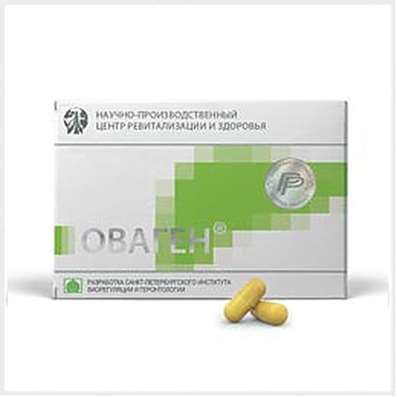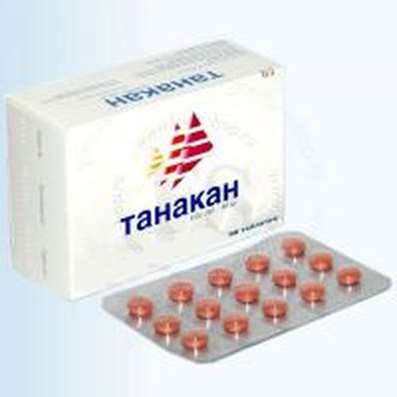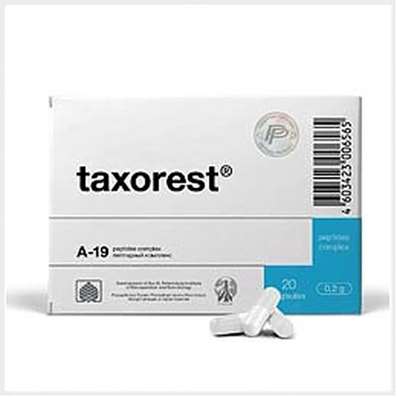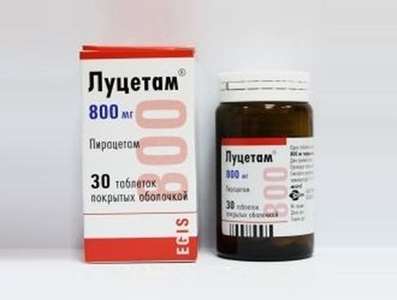Instruction for use: Oxycort
I want this, give me price
Active substance Hydrocortisone + Oxytetracycline
ATX code D07CA01 Hydrocortisone in combination with antibiotics
Pharmacological group
Glucocorticosteroids in combinations
Nosological classification (ICD-10)
A46 erysipelas
Erysipelas
L00-L08 Infections of the skin and subcutaneous tissue
L01 Impetigo
Bullous impetigo, Vulgar impetigo, Simple contact dermatitis complicated by impetigo, Contagious impetigo, Ordinary impetigo, Streptococcal impetigo
L02 Skin abscess, furuncle and carbuncle
Furuncle of external auditory canal, Furuncle of the auricle, Furuncles, Abscess, Abscess of skin, Carbuncle, Carbuncle skin, Furuncle, Skin furuncle, Furunculosis, Chronic recurrent furunculosis
L10 Pemphigus [pemphigus]
Benign pemphigoid of mucous membranes, Bubble dermatosis, Pemphigus, Dermatitis, vesicular, Benign pemphigus, Ordinary pemphigus, Pemphigus, Bubble dermatitis, Family benign pemphigus Hailey-Hailey
L20 Atopic dermatitis
Itchy atopic eczema, Common neurodermatitis, Allergic skin diseases, Allergic skin diseases of non-infectious etiology, Allergic skin diseases of non-microbial etiology, Allergic skin diseases, Allergic skin lesions, Allergic manifestations on the skin, Allergic dermatitis, Allergic diathesis, Allergic itching dermatosis, Allergic Skin Disease, Allergic skin irritation, Dermatitis allergic, Atopic dermatitis, Dermatosis allergic, Diathesis exudative, Skin Allergic Disease, Skin allergic reaction to medicinal and chemical preparations, Skin reaction to medication, Skin and allergic disease, Acute eczema, Chronic atopic dermatitis, Exudative diathesis, Itching allergic dermatosis
L25 Contact dermatitis, unspecified
Intertriginous dermatitis, Contact Eczema, Contact dermatitis, Contact dermatitis of non-microbial etiology, Contact dermatitis, Skin wetting surface, Fractures, Intertrigo,Skin Difficulty, Subacute and chronic contact dermatitis, Phlebotoderma, Simple contact dermatitis complicated by impetigo
L26 Exfoliative dermatitis
Dermatitis exfoliative, Exfoliative dermatitis generalized
L28 Simple chronic lichen and prurigo
Scab, Prurigo, Bacterial prurigo, Limited prurigo with a strong lichenization, Nodular pruritis
L30.3 Infectious dermatitis
Microbial skin infections, Dermatitis with concomitant bacterial infections, Dermatitis in the presence of a bacterial infection or suspected of it, Infected eczema of external auditory canal, Secondarily infected dermatosis, Erythema migrans, Secondarily infected dermatoses , Dermatitis re-infected, Infectious dermatitis, Dermatitis infected, Dermatoses complicated by a secondary infection, Dermatoses complicated by primary and secondary infection, Dermatoses complicated by primary and / or secondary infection, Infected eczema, Infected dermatitis, Infected dermatosis, Migrating erythema, Microbial eczema, Chronic migratory erythema, Eczema is infected, Erythema Migrating, Bacterial dermatitis, Erythema migratory chronic, Superinfectant dermatitis, Necrolytic Migrating erythema
L30.4 Erythematous intertrigo
Erythema of the buttocks, Dermatitis traumatic, Intertrigo, Interdigital intertrigo
L73.2 Hyperadenitis purulent
Hydradenite, Bony udders
L73.8.0 * Sycosis
Sycosis of the beard
L73.8.1 * Folliculitis
Superficial folliculitis, Folliculitis
Composition and form of release
Ointment 1 g
Oxytetracycline hydrochloride 30 mg
Hydrocortisone acetate 10 mg
Base components: petrolatum white
In tubes of 10 g; In a pack of cardboard 1 tuba.
pharmachologic effect
Pharmacological action - anti-inflammatory, antibacterial, antiallergic, antipruritic.
Oppresses phospholipase A2, reduces synthesis of PG (prostaglandins) and other biologically active substances (hydrocortisone), disrupts the binding of transport RNA (ribonucleic acid) and ribosomal membrane in microbial cells, inhibits protein synthesis, causing a bacteriostatic effect (oxytetracycline).
Pharmacodynamics
It alters the structure and reduces the permeability of tissue and cell membranes, reduces the migration of macrophages and lymphocytes, affects all phases of inflammation, blocks the release of sensitized mast cells and basophils histamine and other biologically active substances. Effective in the treatment of allergic and inflammatory skin diseases, complicated by a secondary bacterial infection.
Indications
Chronic pyoderma (streptococcal, staphylococcal, mixed); Chronic purulent complications of allergic skin diseases; Allergic dermatitis, eczema, pruritis (including children's), contact dermatitis, impetigo (vulgar, bullous), bacterial diaper rash, furuncles, furunculosis, multiple abscesses, urticaria, insect bites.
Contraindications
Hypersensitivity, viral skin diseases (herpes, chicken pox), skin tuberculosis, fungal skin diseases, neoplasms and precancerous skin conditions.
pregnancy and lactation
It is not recommended for pregnancy, especially for long-term use and in large areas of the skin. For the duration of treatment, breastfeeding should be stopped.
Side effects
Skin irritation at the site of application (especially in case of allergy to the components of the drug); Secondary infections caused by fungi or resistant to oxytetracycline by microorganisms; When applied to the skin of the face - telangiectasia, atrophy of subcutaneous tissue in the mouth.
Dosing and Administration
Outwardly. Apply a thin layer on the affected skin 2-3 times a day (sometimes apply a bandage, applying ointment on sterile gauze). The course of treatment - 1-2 weeks. Children (especially up to 2 years) are used in limited areas of the skin with a short course (for 5-7 days).
Precautionary measures
If it is necessary to apply on the face skin, treatment should be short (increased absorption and the possibility of side effects).
Storage conditions
At a temperature not higher than 25 ° C.
Keep out of the reach of children.
Shelf life
2 years.
Do not use after the expiry date printed on the package.

 Cart
Cart





